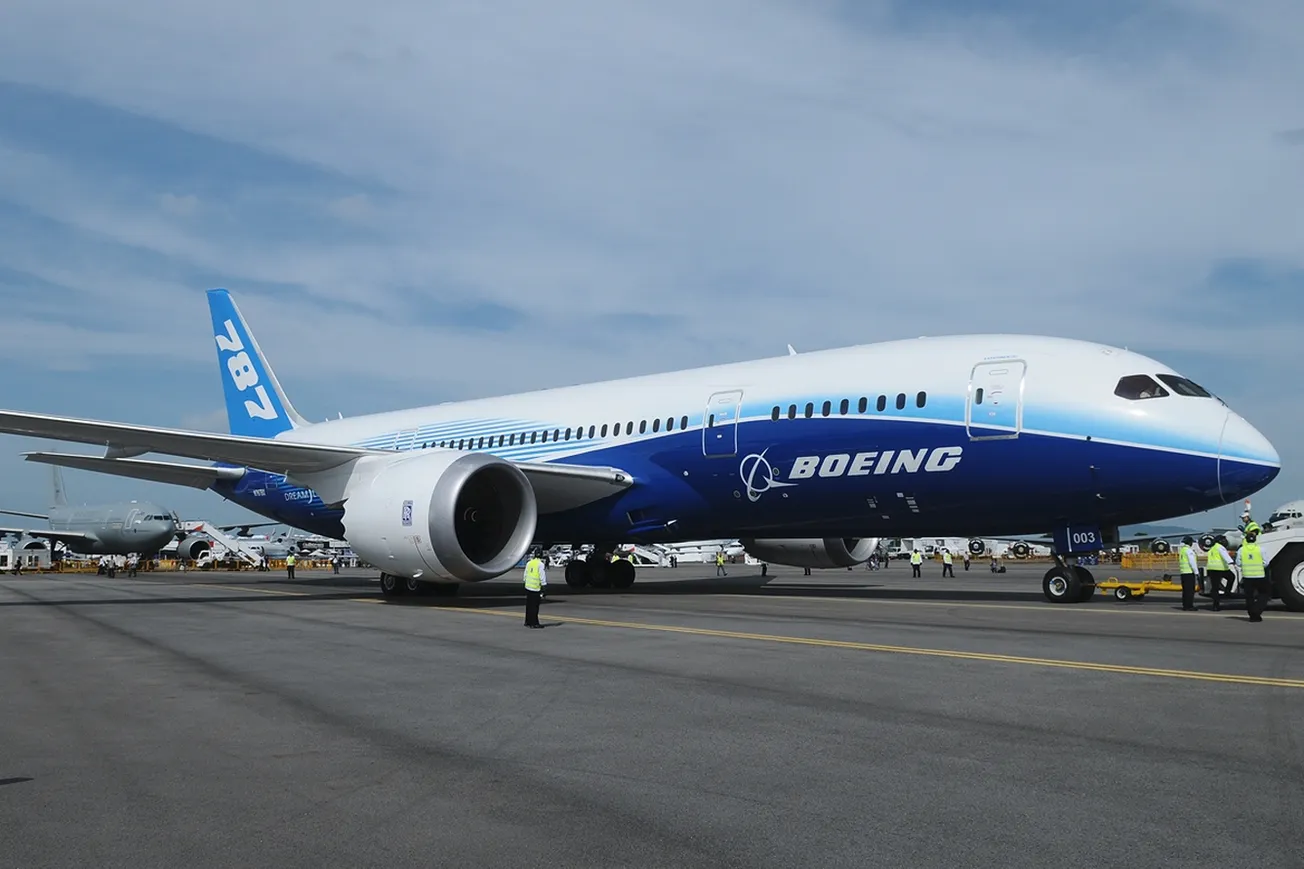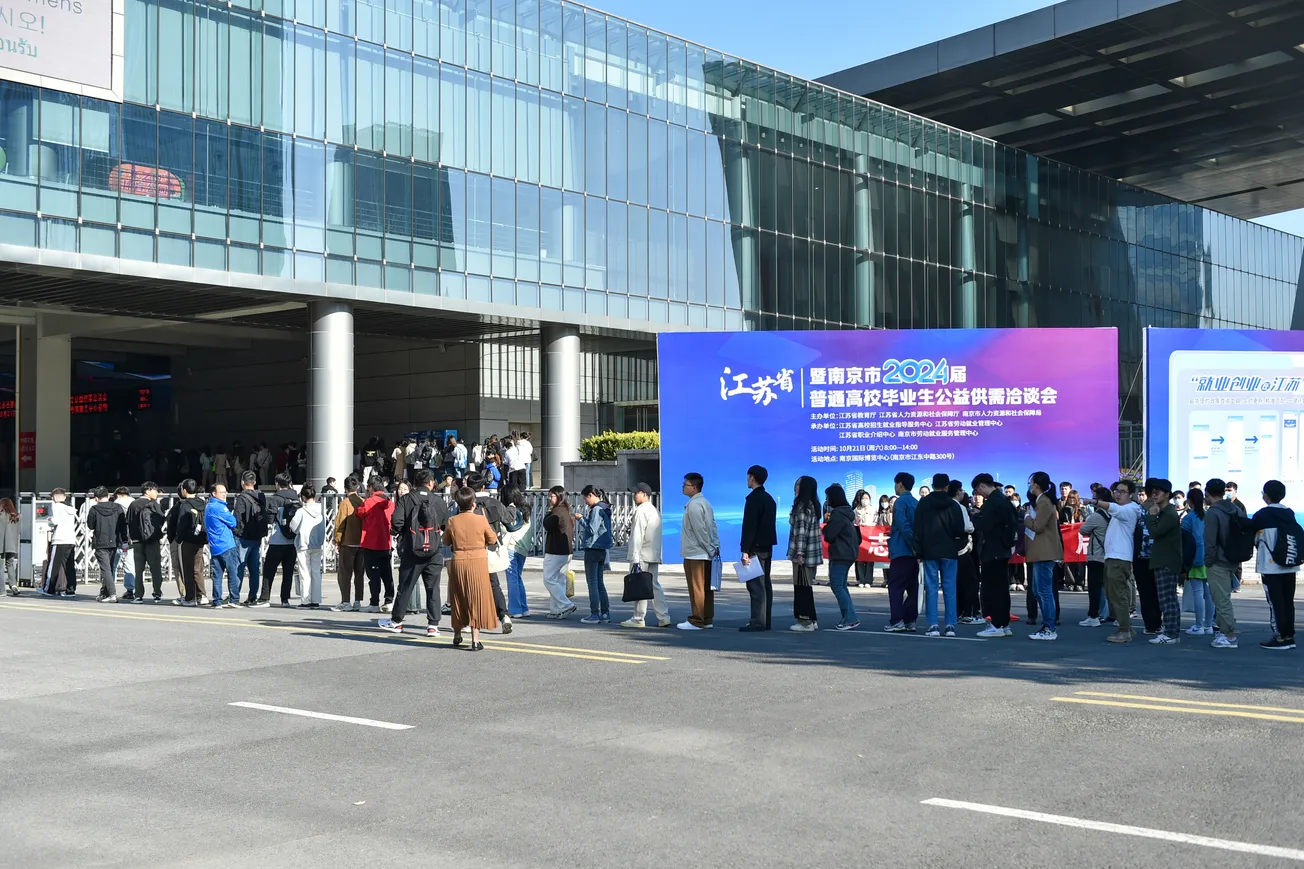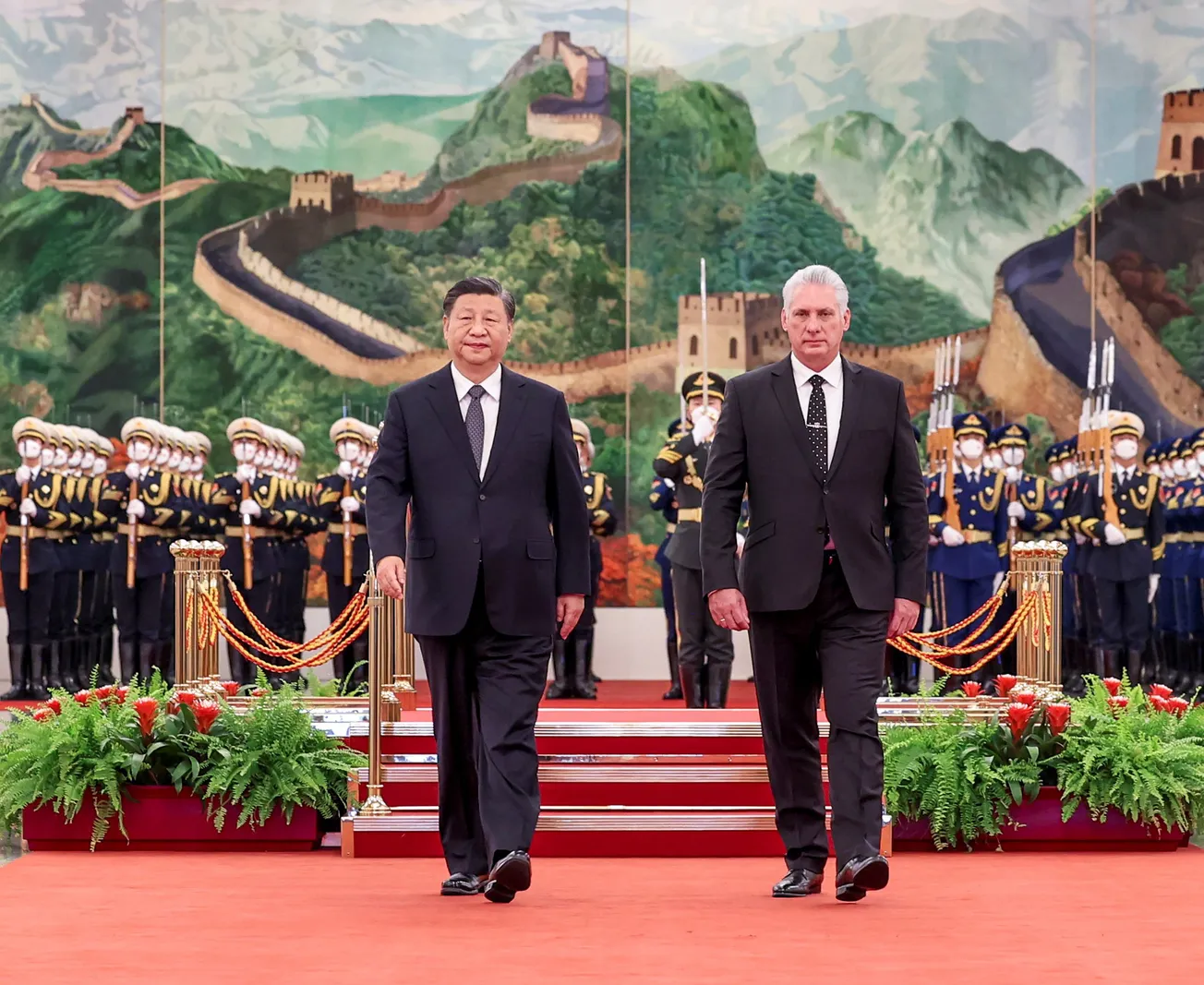By Alex Stone and Luke Daigneault for Daily Caller Foundation
Is Boeing more loyal to the Chinese Communist Party or to its investors? Boeing’s shareholders will have an opportunity to ask — and potentially get an answer — that question at the company’s April 18 annual meeting.
The company has a long history of innovating, boosting the U.S. economy, and advancing American exceptionalism. However, shareholders are now questioning if the aircraft manufacturer has turned a blind eye to its risky relationship with the CCP.
The operative portion of the proposal requests “that, beginning in 2023, The Boeing Company report annually to shareholders about the nature and extent to which corporate operations depend on, and are vulnerable to, Communist China, which is a serial human rights violator, a geopolitical threat, and an adversary to the United States.”
In short, the proponent is seeking additional transparency on suspected risks given China’s track record and recent posture on the international stage.
This shareholder proposal is only one of the latest seeking a China Audit, a fashionable trend of 2023’s proxy season. While some of these audits ought to be discarded as mere geopolitical reactionism, Boeing’s exposure to an increasingly aggressive China presents a decidedly different problem.
Boeing’s management is recommending shareholders vote against the proposal. In its explanation, the board claims that the company’s 2022 SEC form 10-K filing makes it clear that China is a significant market for the company’s commercial airplane backlog and that “singling out particular countries or groups of customers for scrutiny would be misleading to shareholders and potentially damage… relationships with customers, suppliers, and regulators.”
Which customers, suppliers and regulators are Boeing afraid of? The obvious answer is “Chinese ones.” Apparently, its argument is that even reporting its China exposure would harm shareholders by inviting Chinese retaliation.
Even more reason to suspect shareholders are right to worry.
It’s also worth asking what’s the true significance of the Chinese market for Boeing. Boeing’s share of the Chinese commercial aircraft market has fallen from 50% to 10% since 2019, and that the company has been penalized for its sales of military equipment to Taiwan.
In September 2022, China imposed sanctions on Boeing Defense, Space and Security CEO Ted Colbert for selling anti-ship missiles to Taiwan. Shareholders are asking if the exposure is worth the risk. It is worth it to ask, do friends impose sanctions on other friends?
Boeing is losing market share to aggressive international competitors such as Airbus as well as China-based entrants. Shareholders deserve to know more about these “entrants” given China’s history of intellectual property law violations, the location of these entrants, and a history of corporate espionage.
Boeing would also do well to look back at some of its earlier 10-K filings. In 2015, for example, the company reported it was “monitoring” the situation between Ukraine and Russia.
By 2022, Boeing reported it had stopped buying titanium from Russia, apparently singling it out for regional aggressions. As it relates to China, the only difference appears to be Boeing’s fear of an aspirational economic hegemon. Which is, in and of itself, a risk which should be made clear to shareholders.
Boeing and all U.S. companies with operations in China must overcome their fear of the elephant in the room. Xi Jinping has secured for himself an unprecedented third term as president, which means China can be expected to advance its existing policy agenda for the foreseeable future.
Shareholders are asking whether certain U.S. investments and operations in China might be empowering the CCP’s activities in the region — presenting both investment and national security risk.
Given China’s past and present business practices and its renewed determination to upset trade and geopolitical balance, the Boeing board’s resistance to its shareholder’s request for transparency is disappointing. The shareholders are presenting a reasonable proposal.
They are, notably, not asking for boycotts, divestments or sanctions. The sole request of the proponent is disclosure of material risks regarding Boeing’s operations and reliance on China; disclosure that is arguably mandatory under existing Securities and Exchange Commission regulation.
Boeing’s reluctance to grant its shareholders’ request for information about its China risk speaks volumes.
Who is Boeing truly catering to? Its shareholders and the U.S. investing public, or its untoward reliance on the greatest economic adversary to U.S. capitalism which created the company in the first place?
In his annual letter to shareholders, Jamie Dimon, CEO of JPMorganChase, said that China’s “economic muscle to dominate batteries, rare earths, semiconductors or EVs, could eventually imperil (our) national security…”
He may need to add aircraft to that list.
Alex Stone brings 10+ years of government, operations, and policy experience. Previously, she served as Special Assistant to the President and Deputy Director of Management & Administration at the Executive Office of the President.
Luke Daigneault is a Senior Associate at Strive Asset Management. Prior to joining Strive, Luke worked in Portfolio Operations at The Blackstone Group, where he focused on driving cost optimization at portfolio companies.
Original article link









